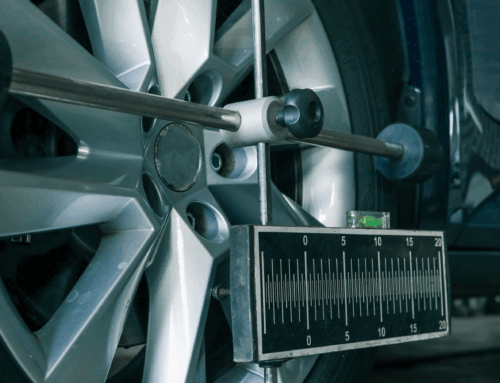Every Canadian who owns a business (and even the ones who don’t) knows they need to get their vehicles ready for the winter. What often goes overlooked though is the fact that adequately preparing your company vehicles for spring driving can improve their performance and make them safer.
Here are 10 ways to get your business vehicle ready for warm weather.
- Change your winter tires: This might be a little obvious, but many people don’t realize that winter tires wear out faster in warmer weather. When you replace them, make sure you go to a professional service and replace your spare tire as well — it’s safer that way.
- Wash the outside: Washing the built-up grime off your vehicle’s exterior will make it look nice but the most important thing to clean its underbody. Getting all that salt out will prevent corrosion so make sure to give it a good twice-over with a hose or power washer. If it’s too hard to get under there, use a jack to raise your car or take it to the shop for a cleaning.
- …and the inside: Salt can build up inside your vehicle, too, so use a steam cleaner on the mats and floor. Just be careful because excessive moisture can damage any visible electrical wiring. Apply silicone spray to windows and door seals to lubricate them and repel dust.
- Inspect air filters: Cold weather wears out air filters so replace them (if needed) to improve cabin air quality, increase fuel mileage and prevent odour buildup.
- …and tire pressure: Cold weather can underinflate tires while warm weather overinflates them, so make sure they’re just right. While you’re at it, give them a visual inspection to verify they aren’t too worn out – you’ll need good tread for the spring rains.
- Replenish fluids: Windshield wiper fluid tends to deplete more quickly during winter so top it up, if necessary. Check oil, brake and transmission fluid as well, replace these every 8,000 kilometers or so.
- Don’t forget about wiper blades: Chances are your wiper blades need to be replaced after winter. Make sure you get their measurements (length in centimeters) before going out to buy new ones.
- Check the brakes: Salt can cause wear and tear on your brakes if they’re not properly cleaned and lubricated. Since brakes are fairly intricate, it’s recommended that you let a professional service handle them.
- Clean your batteries: Battery posts and connections should be free of salt and grime. Dirty spark plugs often misfire which ends up wasting fuel.
- Shed some winter weight: Speaking of fuel, you’ll save quite a bit by removing winter gear from your trunk.
These tips will make your company vehicles safer to drive in the spring, which helps protect them, your employees and your business.





